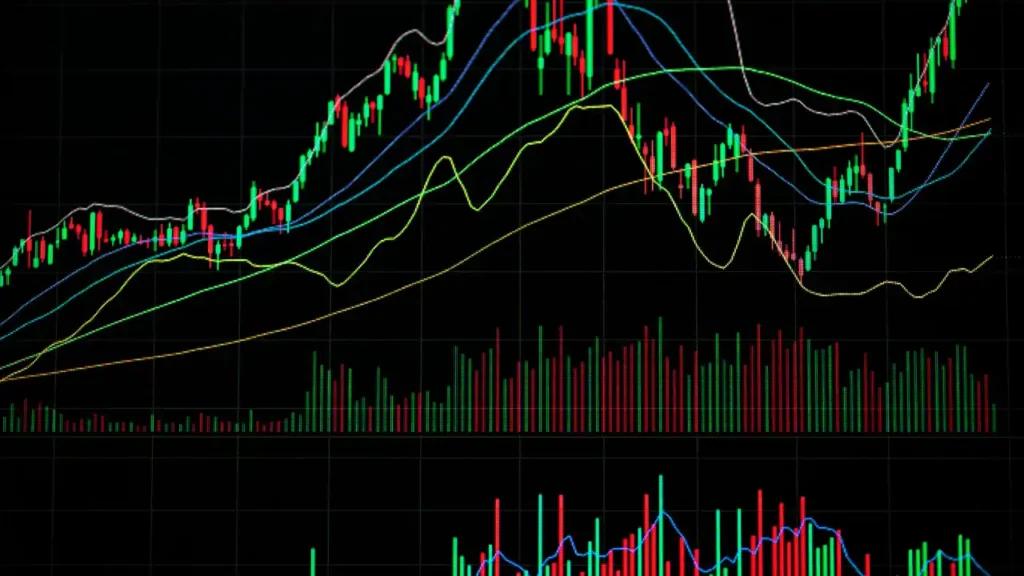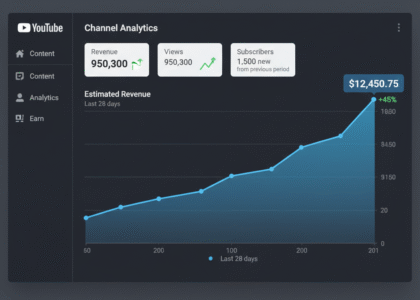Elections are not just pivotal moments in politics—they can also have a significant effect on the stock market. As political outcomes shape government policies, they can directly influence business regulations, economic forecasts, and investor sentiment. Understanding how elections impact the stock market is essential for beginner investors and those looking to navigate the often volatile financial landscape. In this blog, we’ll explore the connection between elections and stock market performance, highlight key factors that drive market reactions, and offer actionable tips on how to respond.
Why Elections Matter for the Stock Market
The link between elections and the stock market is rooted in uncertainty. When election results are unpredictable or reveal a significant shift in leadership, investors often adjust their portfolios, leading to market volatility. In contrast, when the outcome is clear, and it aligns with expectations, markets tend to stabilize. The policies that a new administration might implement—whether they involve tax changes, trade deals, or healthcare reforms—can influence industries and stocks across the board.
Additionally, elections can affect the broader economy. For instance, policies surrounding climate change, healthcare, and technology investments can lead to shifts in industry performance. For beginner investors and those looking to build their portfolios, understanding these influences is crucial for making informed decisions.
Key Factors that Drive Market Reactions

Several factors contribute to the stock market’s response to elections. Let’s break down the most common ones:
1. Political Party Influence
The stock market’s reaction often depends on which political party wins the election. Historically, markets have shown different behaviors under Democratic and Republican administrations. For example, markets may react positively to pro-business policies under a Republican president, while markets may respond to social welfare and environmental policies under a Democratic administration.
2. Tax Policies: Stock Market
Elections can bring about changes in tax laws that directly affect corporate profits, individual incomes, and the overall business environment. If a candidate proposes tax cuts, it can stimulate the economy and benefit certain sectors, while tax increases may dampen economic activity, potentially leading to lower stock prices.
3. Economic Stimulus and Spending
Many election campaigns focus on proposals for government spending programs, ranging from infrastructure investments to healthcare reforms. These decisions can inject money into the economy, which may benefit specific sectors and industries. For example, stocks in construction or renewable energy might surge if a candidate’s policies favor these areas.
4. Investor Sentiment and Market Psychology
Investor sentiment is often swayed by election outcomes, with reactions driven by perceived economic stability or instability. When uncertainty looms, such as in a contentious election or one with close results, investors may flock to safer assets like bonds or gold, leading to declines in riskier assets like stocks.
Historical Trends: How Elections Have Impacted the Stock Market
Let’s look at some historical examples to better understand the relationship between elections and market performance.
- 2016 U.S. Presidential Election: The stock market experienced significant volatility leading up to the 2016 election, as many investors were uncertain about the policies a Trump presidency would bring. However, after the election, the market soared, with sectors like healthcare, finance, and energy benefiting from the new administration’s policies.
- 2020 U.S. Presidential Election: In the midst of a global pandemic, the 2020 election brought about sharp market swings, especially as election day approached. The market fluctuated as investors speculated on whether a Biden or Trump victory would benefit their portfolios. Ultimately, after the results were known, the stock market continued its recovery from the pandemic’s initial shock, with healthcare, technology, and renewable energy stocks seeing notable gains.
Tips for Navigating the Stock Market During Elections

Election periods can be tumultuous, but they also present opportunities for strategic investors. Here are some actionable tips for navigating the stock market during elections:
1. Diversify Your Portfolio: Stock Market
If you’re concerned about election-related volatility, diversification is key. A diversified portfolio spreads risk across different asset classes, industries, and geographical regions. This approach helps protect your investments if certain sectors take a hit while others thrive.
2. Avoid Short-Term Panic
While election results can trigger immediate market reactions, it’s essential to avoid making impulsive investment decisions. Markets often overreact to short-term events, and long-term investors can often benefit from staying the course.
3. Consider Sector-Specific Opportunities
Certain sectors tend to perform better depending on the outcome of an election. For example, if a candidate supports clean energy, consider adding renewable energy stocks to your portfolio. If you expect a pro-business environment, financial and tech stocks may be good picks. Understanding which industries stand to benefit from the policies of a newly elected government is a smart way to position your portfolio.
4. Stay Informed: Stock Market
As an investor, staying informed is crucial during election season. Keep an eye on the candidates’ policy proposals and how they might impact different industries. Research how past elections have influenced the stock market and use that knowledge to make informed decisions.
FAQs
How do elections affect stock market volatility?
Elections introduce uncertainty, which can lead to market volatility. Investors react to potential policy changes, trade negotiations, and other political decisions that might affect business operations and profitability.
What should I do with my investments during an election year?
Maintain a diversified portfolio, avoid making knee-jerk reactions to short-term market fluctuations, and consider the potential impact of election outcomes on specific sectors.
Can elections lead to market crashes?
While elections can cause market volatility, crashes are more often the result of broader economic factors. However, major political changes may exacerbate market instability.
Should I invest in stocks during an election year?
Yes, but you should remain cautious and strategic. Diversify your investments, keep long-term goals in mind, and avoid making decisions based solely on election outcomes.
Conclusion
Elections undoubtedly have an impact on the stock market, but how significant that impact is depends on various factors like policy proposals, political party influences, and investor sentiment. By staying informed and adopting smart strategies, investors can navigate election years with confidence.
Want to learn more about investment strategies? Discover smarter ways to invest and grow your portfolio by visiting GetCashVibe today for expert tips.






